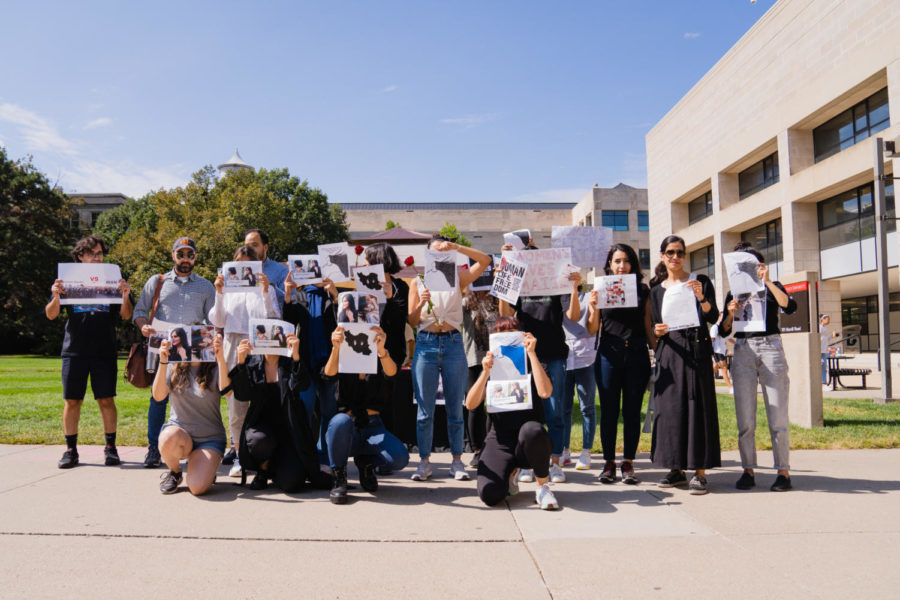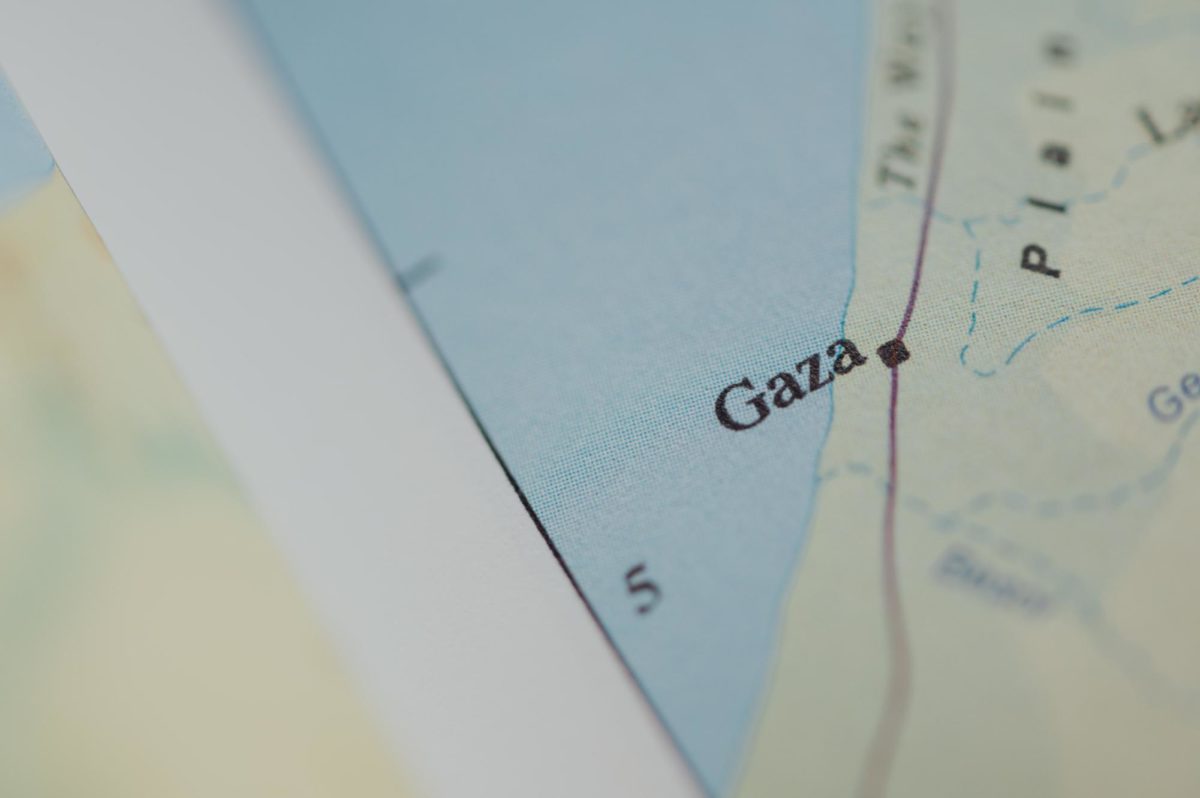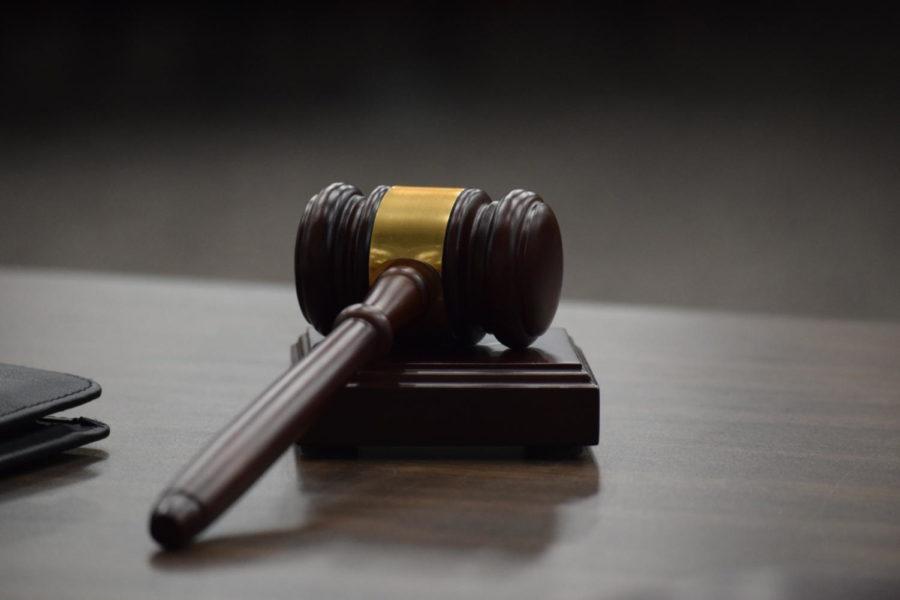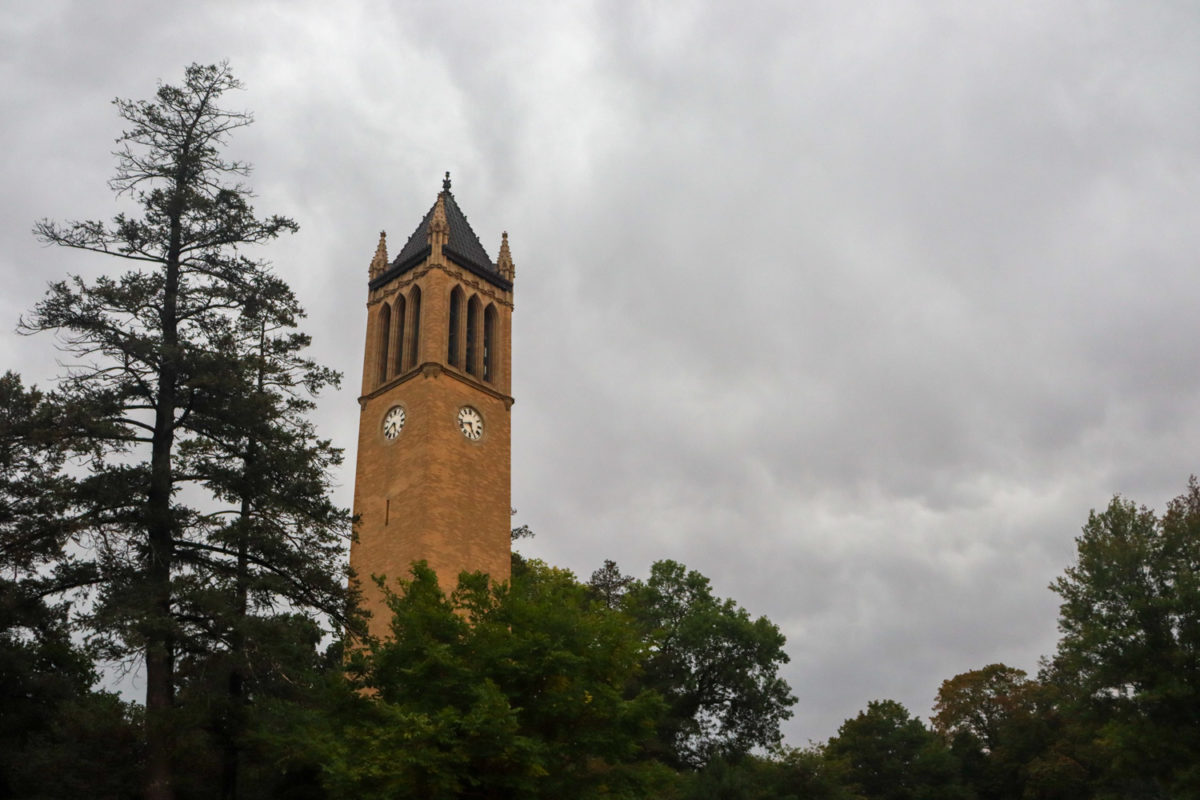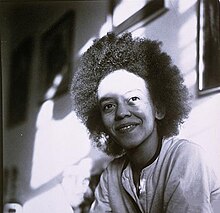Yesterday, I published a piece discussing my thoughts on the events in Iran and speculated whether change is on the horizon for a country torn by corruption and oppression. In this article, I will be clarifying some questions I received from readers of that piece.
Question #1: “When stating ‘For any regime to legitimize the claim that throwing people in jail because they choose not to wear a piece of clothing is moral is a fallacy proposed only by the most vicious and deceptive leaders.’ Where is enforcing a clothing law and concluding that a leader is most vicious and deceptive get bridged? How was this conclusion reached? Don’t all countries have clothing law minimums that are enforced by law enforcement? Whether hijab should be enforced or not is not what I am asking, but rather how such a statement is justified.”
Response: To begin unpacking these questions, I will start by answering the last. Yes, it is true that most countries have minimum clothing standards that we all must abide by. The world would be much more uncomfortable if everyone was not required to wear clothing in public. However, in the article, I was referring specifically to the hijab (especially as it related to Mahsa Amini’s death) and how women can face severe punishment if they do not wear this piece of clothing. This is not the same thing as claiming it is immoral to punish people for not wearing clothes. I do intend to say, however, the punishments based on a lack of a hijab are immoral, vicious and deceptive. It is not merely a “clothing law” that women must abide by. The consequences of not following this rule can be drastic. I must note that if a woman chooses by her own free will to wear a hijab, I fully support this. In that case, it would be a free choice of religious association, and therefore, not oppressive. The “bridge” between freedom and viciousness can be narrowed down between choice and non-choice.
Question #2: “Second, when you state ‘What code of ethics do these actions adhere to? It is a strange blend of Islamic fundamentalism and authoritarianism that does not appear to represent the Iranian people. While most Iranians identify themselves as Muslims, it is clear from the reactions to their government that they wish for a different future not based on extremism.’ What do you mean by Islamic fundamentalism? What do you mean by extremism? Why are these words being used as if there is a universal definition that is agreed upon? What is the context behind this? Also, why assume democracy when talking about Iran when the Iranian revolution put their interpretation of an Islamic system in?”
Response: For a definition of Islamic fundamentalism, see the Britannica definition. It is defined as an “expression of Islam that stresses strict and literal adherence to a set of basic principles.” This definition suffices for my viewpoint of the hijab, because it is a “basic principle” of Islam that women wear a headscarf (see more on this here). As for extremism, I think this can be defined simply as being extreme. I am not referring to these ideas as “universal definitions” but by their direct English definitions. Assuming these definitions are agreed upon, I will now move on to the last two questions. The context behind my quote is the identification that Iranian citizens are displeased with the aggressive regime that is in power and the various consequences that are associated. For proof of this, I direct readers to research the protests and movements happening in Iran. Lastly, I never mentioned democracy as an alternative, however, I believe that the results of democracy are preferable to those of authoritarian dictatorships. The majority who participated in the Iranian revolution had “three goals: social justice, freedom and democracy, and independence from great power tutelage,” according to the Brookings Institution. Thus, it was not me who framed the Iranian people to be seeking democracy: it was the Iranians themselves. In addition, according to Sadegh Zibakalam, a political science professor in Tehran, “If Iran were to hold a referendum on the Islamic Republic today, over 70% would clearly oppose it” (please view the Brookings article for this reference). Therefore, I do not believe the current Iranian regime is a clear “interpretation of an Islamic system” that was installed by the majority during the revolution.
Editor’s Note: I hope this more in-depth explanation helped clarify my views and sort out any confusion there may have been in reading my last article. I sincerely appreciate your active interest and participation in my work. Engagement from the community is our mission at the Daily.


